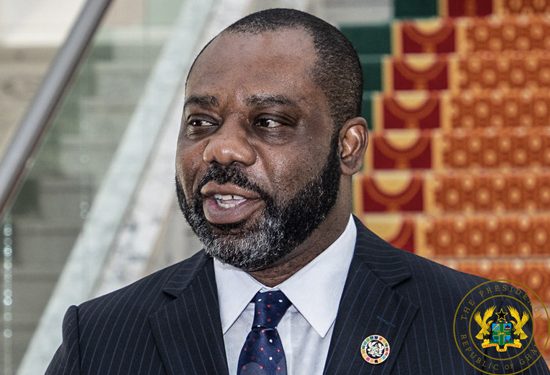Cabinet has approved the Common Core Programme Curriculum for Junior and Senior High Schools, which is expected to be rolled out in the next academic year.
The curriculum is designed for students in JHS and SHS One, as part of the learning experiences necessary to equip them for higher education, the world of work or both.
Speaking on the Floor of Parliament, the Minister of Education, Dr. Matthew Opoku Prempeh said this will churn out graduates that match up to their counterparts across the globe.
“Common Core Programme Curriculum has been developed for Junior and Senior High Schools. 153,000 teachers across the country have received the initial training and the training continues. This was to be rolled out in September…from JHS 1 to SHS 1”, the Minister noted.
The National Council for Curriculum and Assessment NaCCA this year reviewed the curriculum for basic school education.
According to NaCCA, the move was to modify some subjects and to improve students’ learning needs to ensure relevance.
Pressure, however, mounted on the Ministry of Education and the Ghana Education Service to withdraw the controversial comprehensive Sexuality Education (CSE) from the 2019 curriculum of Basic and second cycle schools.
There were conflicting reports and denials of the inclusion of the CSE in the 2019 curriculum by the Education Ministry and the GES.
But checks by some civil society organisations indicated that CSE is actually included in the curriculum.
The CCP is a four-year programme comprising of nine subjects – Mathematics, Languages, Science, Religious and Moral Education, Physical and Health Education, Career Technology, Social Studies, Computing, Creative Arts and Design.
Developed as the second phase of the pre-tertiary curriculum review which started in 2017, with the KG and primary years programme currently being implemented by the Ghana Education Service since 2019.
It is a standard-based curriculum that seeks to develop the six key competencies of learning such as critical thinking and problem solving in students ahead of post-secondary education.


Comments are closed.